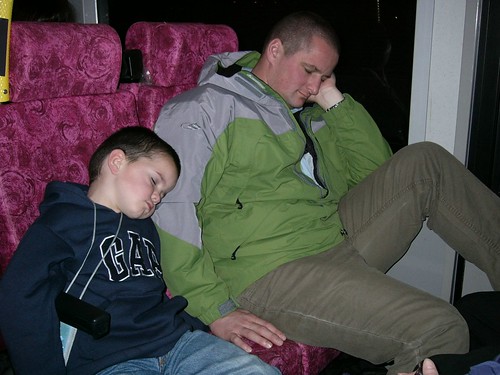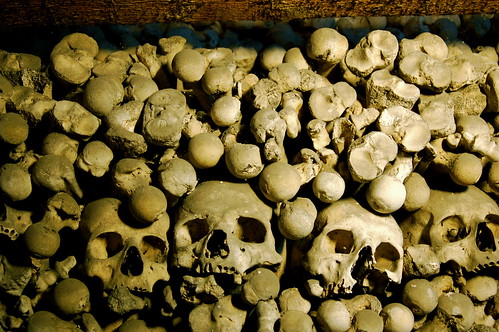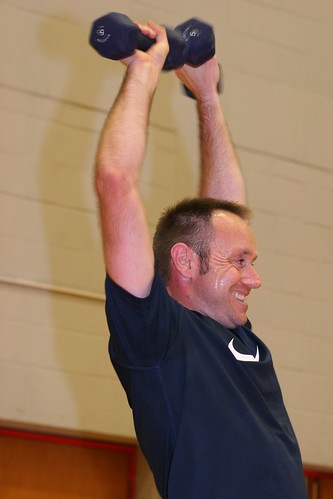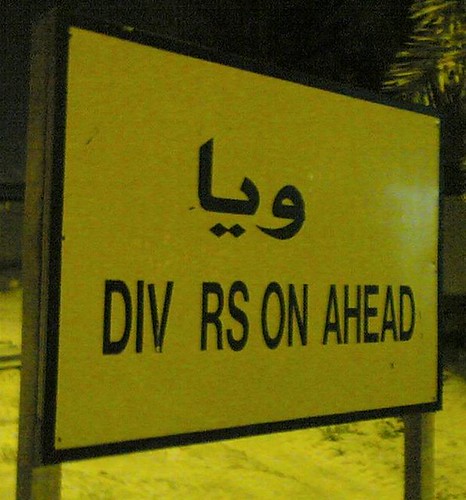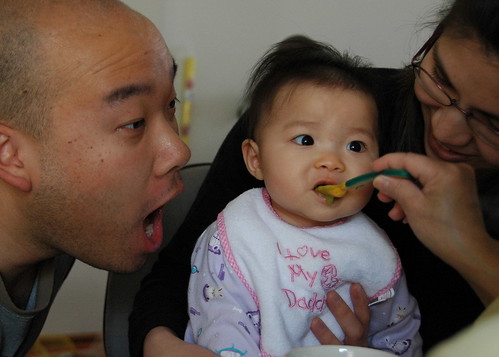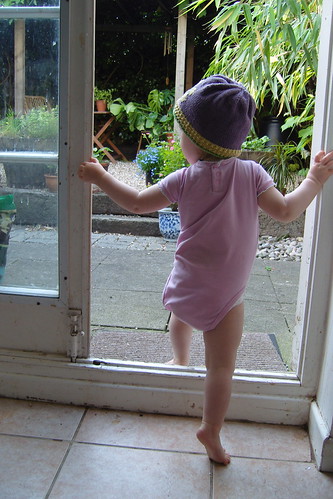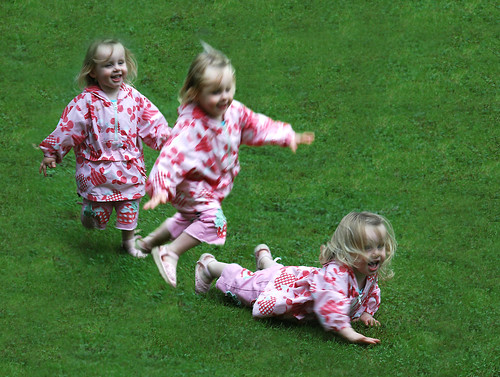
Memorial of the Martyrdom of St. John the Baptist
Follow Your Bliss
Readings: 1 Corinthians 1:17-25; Psalms 33:1-2, 4-5, 10-11; Mark 6:17-29
Picture: CC decor8
Follow your bliss! Curiously, these words coined by the late professor of mythology, Joseph Campbell, are what come to mind on this day when we celebrate – yes, celebrate! – the beheading of John the Baptist. They are, of course, very easily misinterpreted, especially by this consumeristic society of ours. At first glance, they would seem to encourage us to embrace the very thing that our Mass readings for today are warning us against.
For there is in both readings a clear distinction between wisdom and foolishness, between truth and falsehood, between self-sacrifice and self-indulgence. John the Baptist models for us what the former half of these pairs looks like, just as Herod and his household illustrate the latter. John fearlessly speaks God’s word, even when it is inconvenient, even when it is dangerous, even when it loses him his head. In contrast, Herodias is willing to commit murder for the sake of expedience – to permanently remove the bearer of an inconvenient truth. And, afraid to appear weak in the sight of his guests, Herod falls prey to her scheming, just as he had earlier given in to his own self-indulgence. It is not lawful for you to have your brother’s wife…
It’s easy to think, then, that what we are being presented with is a simple and straightforward contrast between pain and pleasure. To live the way of the wisdom, the way of the cross, the way of Christ, is to forsake the way of delight. After all, wasn’t it Herod’s enjoyment of a young girl’s dancing that led him take a prophet’s life? We need to deny our natural inclinations and embrace only that which makes us suffer. Or do we? Is there not something else that we need to consider? Should we not notice, for example, that Herod had initially kept John alive, because he liked to listen to him.
Could it be that the contrast we are being invited to consider, is not so much between pleasure and pain, as it is between two different kinds of inclinations? Could it be that true wisdom consists in the ability to discern our delights, in learning to truly find and follow our bliss? For Herod’s foolishness consists in his indulgence in a more superficial delight – saving face before his guests – at the cost of another deeper, more enduring one – being led by John’s message to an encounter with God in Jesus the Lord. In contrast, for the sake of delighting in the goodness of God, of which the earth is full, John the Baptist was willing even to sacrifice his life.
How are we being invited to truly follow our bliss today?
